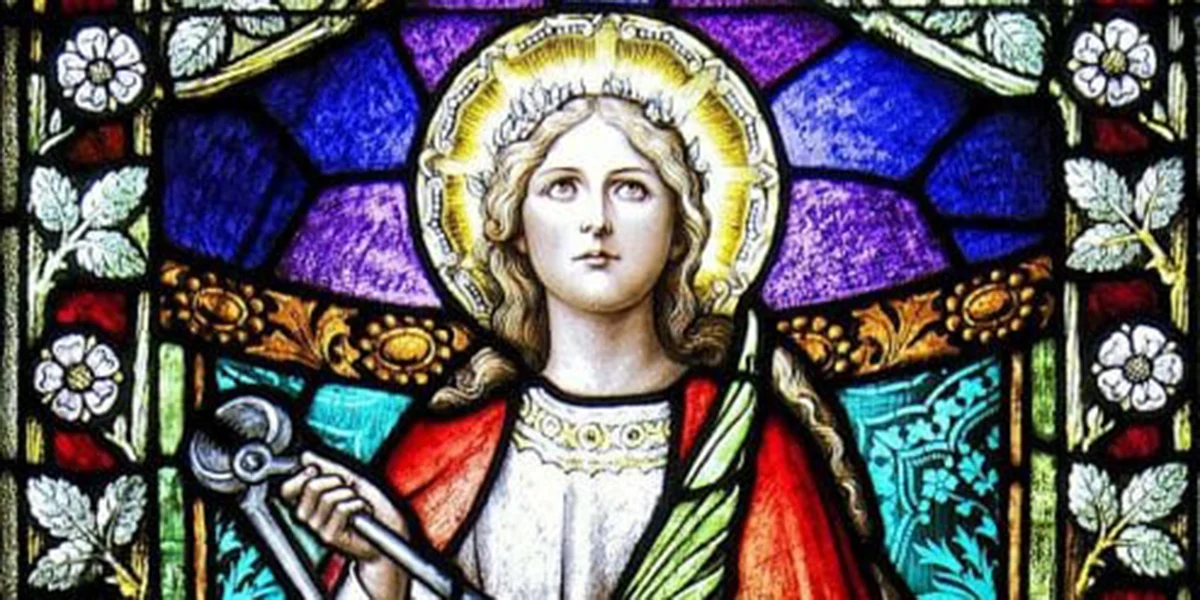Regina Caeli – Queen of Heaven, Rejoice!
The Regina Caeli, Latin for “Queen of Heaven,” is a hymn and prayer ...

St. Agatha suffered martyrdom at Catania in Sicily, probably during the persecution of the Roman emperor Decius in 251 AD. From antiquity devotion to her spread throughout the Church; her name was therefore inserted into the Roman Canon (Eucharistic prayer I in the Latin Rite of the Catholic Church). The following is an excerpt from a sermon by Saint Methodius of Sicily, bishop, and is used in the Roman Catholic Office of Readings for the feast (liturgical memorial) of Saint Agatha on February 5.
My fellow Christians, our annual celebration of a martyr’s feast has brought us together. She achieved renown in the early Church for her noble victory; she is well known now as well, for she continues to triumph through her divine miracles, which occur daily and continue to bring glory to her name.
She is indeed a virgin, for she was born of the divine Word, God’s only Son, who also experienced death for our sake. John, a master of God’s word, speaks of this: He gave the power to become children of God to everyone who received him.
The woman who invites us to this banquet is both a wife and virgin. To use the analogy of Paul, she is the bride who has been betrothed to one husband, Christ. A true virgin, she wore the glow of pure conscience and the crimson of the Lamb’s blood for her cosmetics. Again and again she meditated on the death of her eager lover. For her, Christ’s death was recent, his blood was still moist. Her robe is the mark of her faithful witness to Christ. It bears the indelible marks of his crimson blood and the shining threads of her eloquence. She offers to all who come after her these treasures of her eloquent confession.
Agatha, the name of our saint, means “good.” She was truly good, for she lived as a child of God. She was also given as the gift of God, the source of all goodness to her bridegroom, Christ, and to us. For she grants us a share in her goodness.
What can give greater good than the Sovereign Good? Whom could anyone find more worthy of celebration with hymns of praise than Agatha?
Agatha, her goodness coincides with her name and way of life. She won a good name by her noble deeds, and by her name she points to the nobility of those deeds. Agatha, her mere name wins all men over to her company. She teaches them by her example to hasten with her to the true Good. God alone.
Banner/featured image stained glass of St. Agatha by an unknown artist in an unknown Church. Public domain.
No Comments